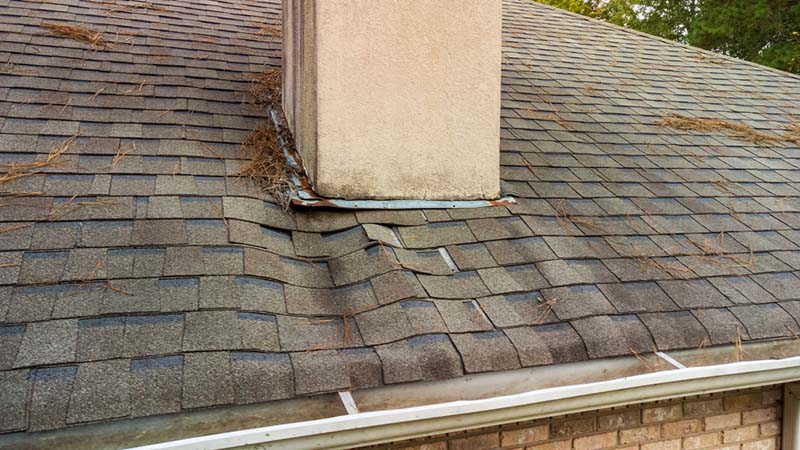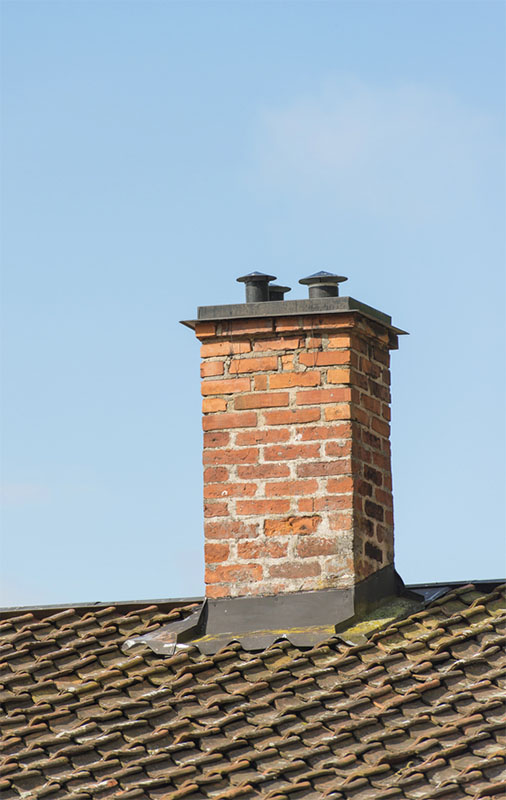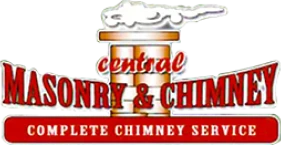Improve Your Home’s Safety & Efficiency With Chimney Relining Services From Central Masonry & Chimney
Have you used your fireplace and noticed that smoke tends to linger in your living space? Have your energy costs gone up inexplicably? The culprit may be your chimney liner. Your chimney’s lining is its first line of defense against heat, corrosive byproducts, and potential fire hazards. A damaged or outdated chimney liner can lead to dangerous gas leaks, reduced efficiency, and even structural damage to your chimney. Fortunately, Central Masonry & Chimney is here to help.
Our expert team uses cutting-edge techniques and top-quality materials to reline your chimney, ensuring it meets modern safety standards and performs at its best. If you’re dealing with an aging masonry chimney or looking to upgrade your current liner, we’re here to provide customized solutions that protect your home and family.
For expert chimney relining services in Central New York, call us at 315-429-7315. If you’re in the Capital District area, you can reach our team at 518-371-0155.

What Is a Chimney Liner?
A chimney liner is a crucial component of any fireplace or heating system. It’s a protective shield that lines the inside of your chimney, safeguarding the masonry from the intense heat and corrosive byproducts of combustion. By creating a smooth, durable interior, a chimney liner ensures that heat and gases are efficiently vented out of the home instead of seeping into your living space.
Beyond safety, chimney liners play a vital role in preserving the structural integrity of your chimney. The intense heat and corrosive nature of combustion can cause masonry to deteriorate over time. A well-installed liner acts as a barrier, protecting the chimney walls and preventing them from crumbling. This helps to prolong the lifespan of your chimney and reduces the risk of costly repairs or replacements.
Chimney liners also contribute to the overall efficiency of your heating system. By providing a smoother pathway for smoke and gases to escape, they can help to improve airflow and reduce the amount of heat that is lost through the chimney. This means you can enjoy warmer, more comfortable living spaces while also saving on energy costs.
When Is Chimney Relining Necessary?
Chimney relining becomes necessary in several situations, each of which can compromise the safety and efficiency of your home’s heating system. Here are the key scenarios when chimney relining may be recommended:

- Standard wear and tear. Over time, the original lining of a chimney can crack, crumble, or deteriorate due to constant exposure to heat, corrosive byproducts, and the weather. If your chimney is several decades old, it may need relining to maintain its safety and functionality.
- After a chimney fire. Even a small chimney fire can cause significant damage to the chimney liner. If your chimney has experienced a fire, relining is often necessary to restore its structural integrity.
- Changes in your fireplace. If you’ve switched from a wood-burning appliance to a gas-fueled one, your chimney may need to be relined to accommodate the new fuel and prevent condensation issues.
- Improper sizing. If your chimney’s flue is incorrectly sized for your fireplace, it can lead to poor draft, excessive creosote buildup, and potential carbon monoxide issues. Relining can correct this problem by ensuring proper sizing.
- Building code compliance. Older chimneys may not meet current building codes and safety standards. Relining can bring your chimney up to code and ensure it meets modern safety requirements.
- Moisture or water damage. Signs of water damage inside your chimney – such as white staining (efflorescence) or rusted damper or firebox – may indicate a compromised lining that needs replacement.
What Are My Relining Options?
Central Masonry & Chimney offers a variety of chimney relining options to suit your specific needs and budget. Whether you’re looking for a cost-effective solution or a long-term investment, we have the right option for you. As the exclusive providers of both HeatShield® and Thermocrete in all of Central New York, we specialize in providing high-performance, durable solutions for repairing and restoring your chimney liner.
HeatShield® is great for repairing existing liners, while Thermocrete offers a lightweight, corrosion-resistant lining system. For those seeking a more traditional option, we also install high-quality stainless steel chimney liners which are known for their durability and resistance to heat and moisture. Whether you’re looking to improve your home’s energy efficiency, enhance safety, or restore your chimney’s integrity, our expert team can provide tailored solutions.
What Are the Signs That My Chimney Liner Is Damaged?
A damaged chimney liner can pose serious safety risks, including chimney fires and carbon monoxide leaks. Here are some common signs that your chimney liner may be damaged:
- Pieces of debris in the fireplace. If you find fragments of tiles, masonry, or other debris in the bottom of your fireplace or firebox, it could signal that your chimney liner is deteriorating.
- Poor fireplace draft. A damaged or blocked chimney liner can restrict airflow, leading to poor draft. This can result in smoke entering your home or difficulty keeping the fire lit.
- Visible cracks or gaps. During an inspection, cracks or gaps in the chimney liner are immediate red flags indicating potential liner damage and the need for repair or replacement.
- Discolored chimney exterior. Discolored or stained areas on the outside of your chimney may suggest that heat is escaping through cracks in the liner.
- Excessive creosote buildup. A damaged liner may allow excessive creosote to accumulate because the chimney is not ventilating properly. Excessive creosote deposits can be a warning sign.
- Unusual odors. A damaged liner can cause inefficient burning, leading to unpleasant smells, such as the strong odor of smoke or a chemical-like scent coming from your fireplace.
- Water damage. If water is getting into your chimney, it can cause the liner to deteriorate, especially if you notice rust on the damper, firebox, or masonry. Water stains or dripping sounds from the chimney area can indicate liner issues.
- Increased heating costs. A damaged chimney liner can reduce your fireplace’s efficiency, causing your heating system to work harder and leading to higher energy bills.

Is Chimney Relining Covered by Homeowner’s Insurance?
Whether your homeowner’s insurance covers chimney relining depends on the cause of the damage and the specific terms of your policy. Sudden, unexpected events like chimney fires, lightning strikes, or severe weather can often trigger coverage for relining repairs. However, if the need for relining arises from general wear and tear, inadequate maintenance, or age-related deterioration, coverage is typically not provided. To clarify your specific coverage for chimney repairs and maintenance, it’s recommended to review your homeowner’s insurance policy or consult with your provider.
We’re the Local Chimney Relining Experts
Don’t let a deteriorating chimney liner put your home at risk. Trust Central Masonry & Chimney to keep your home safe and your chimney functioning flawlessly for years to come. If you suspect your chimney liner is damaged, schedule an appointment with us as soon as possible. Contact us for top-quality chimney relining services in Central New York at 315-429-7315. Capital District residents can reach our team at 518-371-0155.
Our expert chimney services aren’t just for homeowners. If you own a business, reach out to us about our commercial chimney services.
